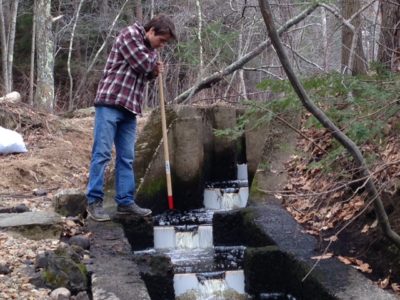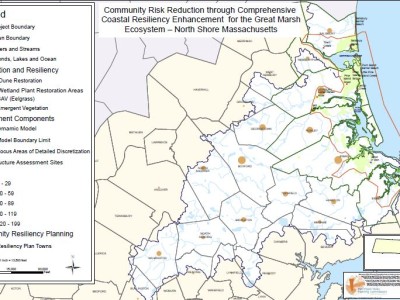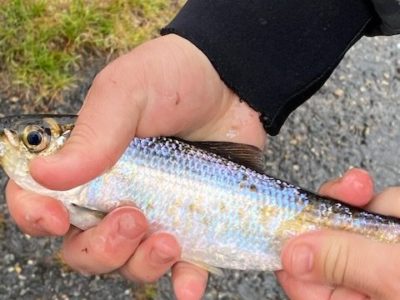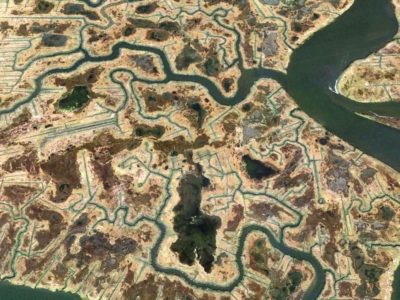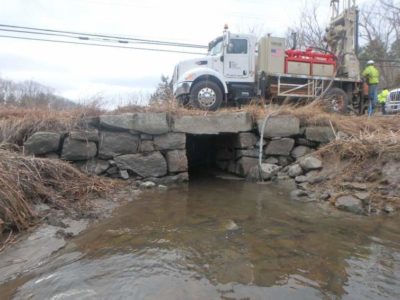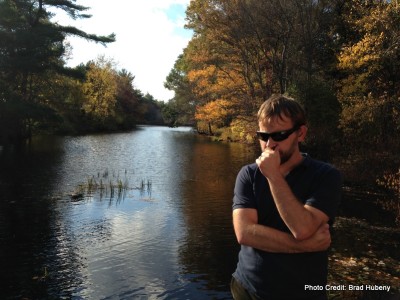
Status
2015 – 2018
Toolkit and Actions
Science and Prioritization
Project Team
- Ipswich River Watershed Association
- National Wildlife Federation
- Trout Unlimited
- Meridian Associates, Inc.
Project Contact: Brian Kelder (IRWA)
About the Project
The Ipswich River Watershed Association (IRWA) inventoried and assessed 1,026 potential barriers across the 280 square mile region. The inventory included an extensive desktop GIS analysis, thorough review of information from previous reports and on-the-ground surveys of more than 500 road-stream crossings to supplement existing IRWA data sets. The structures were then assessed and prioritized using screening tools that considered both ecological impact and infrastructure risk. This comprehensive approach provides a novel, regional assessment of barriers in the Great Marsh and its contributing watersheds. The report and the combined results of the screening analyses are intended to be used as tools for local governments, private owners and restoration practitioners to identify sites that warrant further investigation, especially where infrastructure and ecological risk appear to overlap. We hope this will identify opportunities for projects to be initiated and implemented that achieve dual benefits with respect to community resilience and ecological integrity. This framework will allow municipal officials, restoration practitioners and others to identify and further pursue work at sites while considering the position of the site and relative importance within the landscape and watershed.
The Barriers Assessment is a component of a multifaceted project led by the National Wildlife Federation (NWF) called Coastal Resiliency Planning and Ecosystem Enhancement for Northeastern Massachusetts (Resiliency Project). The Resiliency Project was funded by the National Fish and Wildlife Foundation through the Hurricane Sandy Coastal Resiliency Competitive Grant Program and included five separate sub-projects aimed to increase the resiliency of the Great Marsh and the Parker-Ipswich-Essex Rivers Restoration Partnership (PIE-Rivers) region.
This project builds on the results of the PIE-Rivers Road-Stream Crossing Survey.

